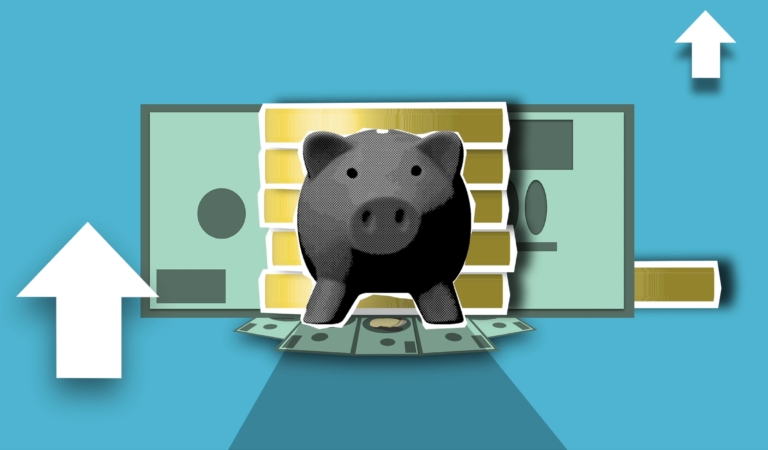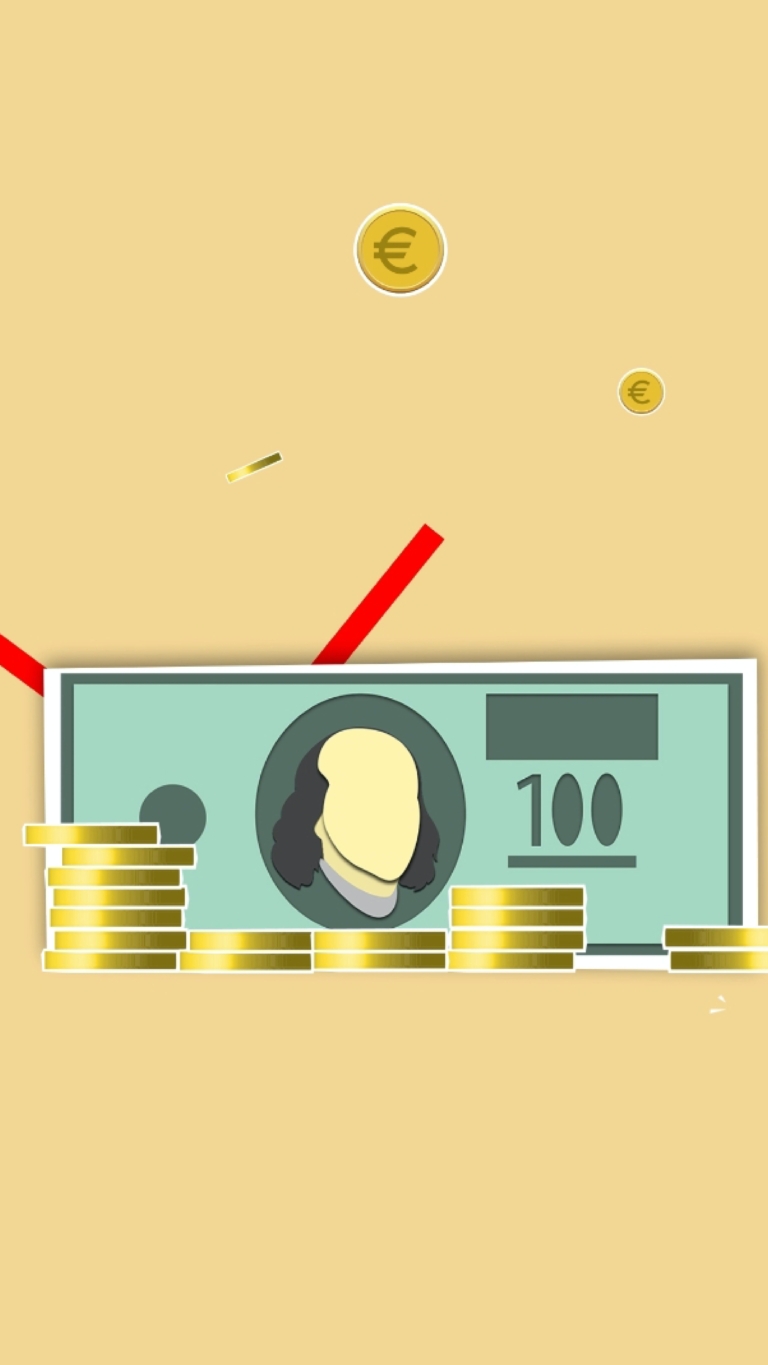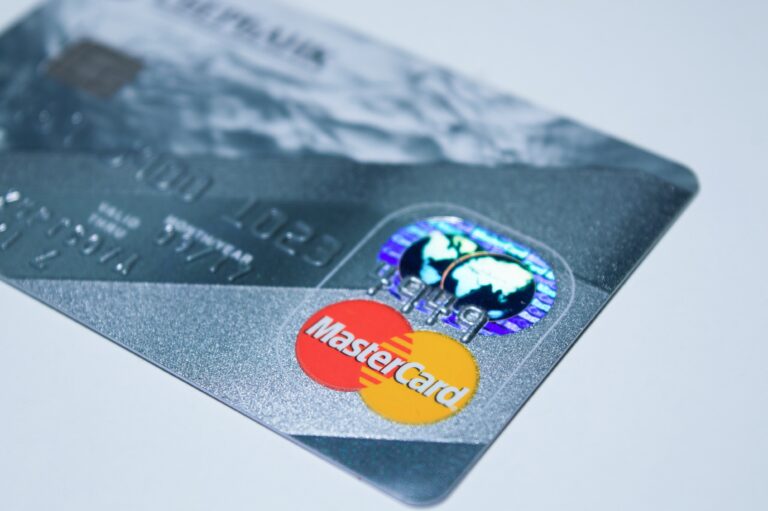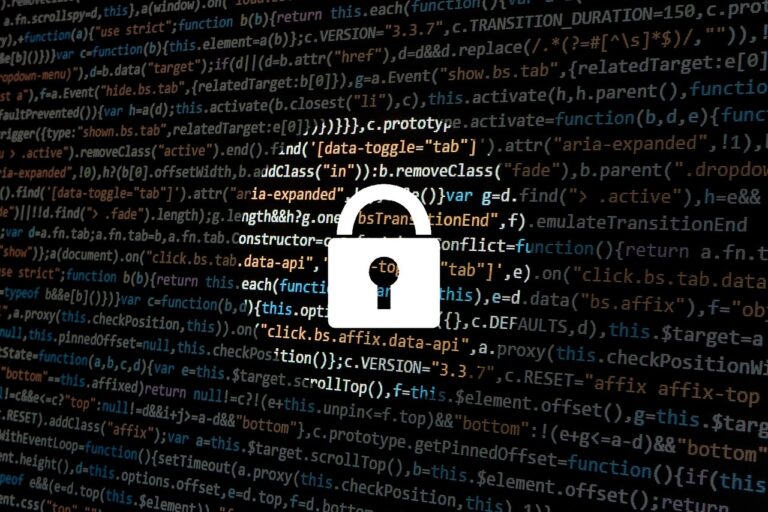Credit freezes in the era of digital transactions and online banking are important in reducing the risk of identity theft and financial fraud. Fraudsters can easily obtain your personal information and use it to open new credit accounts or make unauthorized purchases. While monitoring your credit reports and scores is a good way to stay on top of your finances, it may not be enough to prevent fraud. That’s where a credit freeze comes in.
This powerful security tool can help you lock down your credit files and prevent unauthorized access to your sensitive information. Let’s dive deeper into what a credit freeze is and how it can protect your finances.
What is a Credit Freeze?
A credit freeze, also known as a security freeze, is a security measure that restricts access to your credit reports and scores. When you freeze your credit, no one can open new credit accounts or loans in your name without your explicit permission. Even if a fraudster has your personal information, they won’t be able to use it to open new accounts or obtain credit. A credit freeze doesn’t affect your existing credit accounts or credit scores, and it doesn’t prevent you from accessing your own credit reports or scores.
How Does a Credit Freeze Work?
When you request a credit freeze, you’ll need to provide some personal information to the credit reporting agencies (CRAs) – Equifax, Experian, and TransUnion. They’ll use this information to verify your identity and create a unique PIN (personal identification number) that you’ll need to unfreeze your credit. Once your credit is frozen, the CRAs won’t provide your credit reports or scores to anyone without your explicit consent. This means that lenders, credit card issuers, and other financial institutions won’t be able to access your credit files to make credit decisions.
How to Freeze Your Credit?
Freezing your credit is a simple process that can be done online or by phone. You’ll need to contact each of the three credit reporting agencies separately and provide some personal information to verify your identity. Once your credit is frozen, you’ll receive a confirmation letter that includes your unique PIN. You’ll need to keep this PIN safe, as you’ll need it to unfreeze your credit in the future.
Pros and Cons of Credit Freeze
Pros
- Protects your credit information from unauthorized access and fraud
- Gives you more control over your credit reports and scores
- Doesn’t affect your existing credit accounts or scores
- Doesn’t cost anything to freeze or unfreeze your credit
- Can be a good option if you’ve been a victim of identity theft or fraud
Cons
- Can be a hassle to freeze and unfreeze your credit if you need to apply for credit frequently
- Doesn’t prevent all types of fraud, such as tax fraud or medical identity theft
- May not be necessary if you’re not at high risk of fraud or identity theft
- Doesn’t affect your credit scores or reports, so you still need to monitor them regularly
FAQs
- Q: Does a credit freeze affect my credit score?
- A: No, a credit freeze doesn’t affect your credit scores or credit reports. It only restricts access to your credit files.
- Q: How much does it cost to freeze or unfreeze my credit?
- A: It’s free to freeze or unfreeze your credit. You’ll only need to pay a fee if you lose your PIN and need to get a new one.
- Q: Can I still access my credit reports and scores if my credit is frozen?
- A: Yes, you can still access your credit reports and scores even if your credit is frozen. You can order your credit reports and scores from the CRAs, and they’ll provide them to you as usual. However, you’ll need to unfreeze your credit temporarily if you want to apply for new credit or loans.
- Q: How long does a credit freeze last?
- A: A credit freeze lasts until you request to unfreeze it or lift it permanently. You can choose to unfreeze your credit temporarily, which will allow you to apply for new credit, and then refreeze it afterward. Alternatively, you can lift the freeze permanently if you no longer need the extra security.
- Q: Can I still use my credit cards and loans when my credit is frozen?
- A: Yes, you can still use your credit cards and loans as usual when your credit is frozen. A credit freeze only affects new credit applications.
Conclusion
Credit freeze is an effective tool to safeguard your finances and protect against identity theft and financial fraud. By restricting access to your credit reports and scores, you can prevent unauthorized access and keep your sensitive information safe. While it may not be necessary for everyone, a credit freeze can be a good option if you’re at high risk of fraud or have already been a victim of identity theft. To freeze your credit, contact each of the three CRAs and provide some personal information to verify your identity. Keep your unique PIN safe, as you’ll need it to unfreeze your credit in the future. Remember, a credit freeze doesn’t affect your credit scores or reports, so you still need to monitor them regularly.







